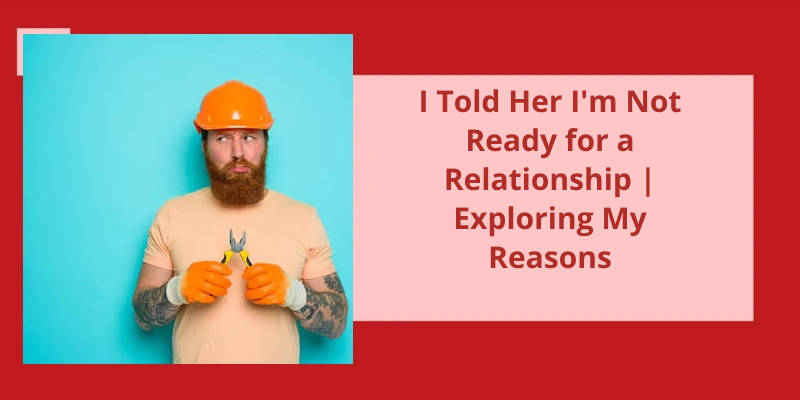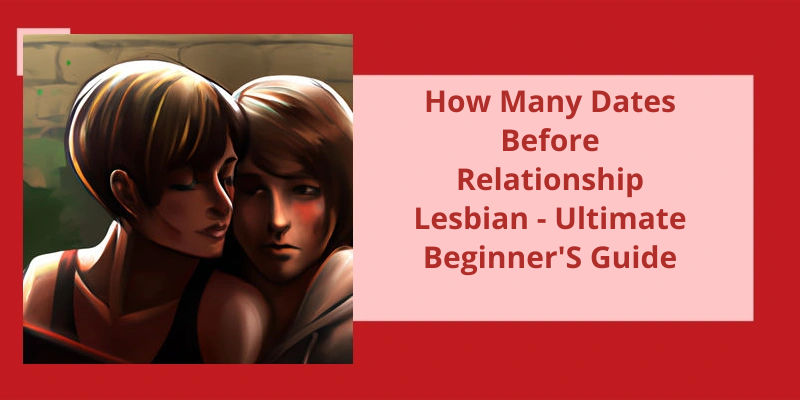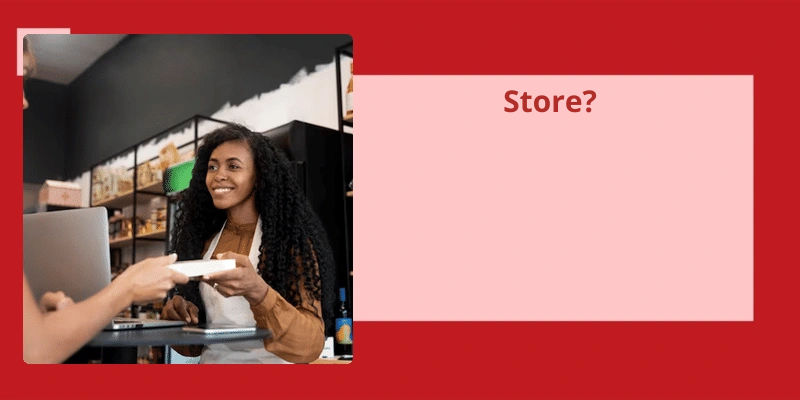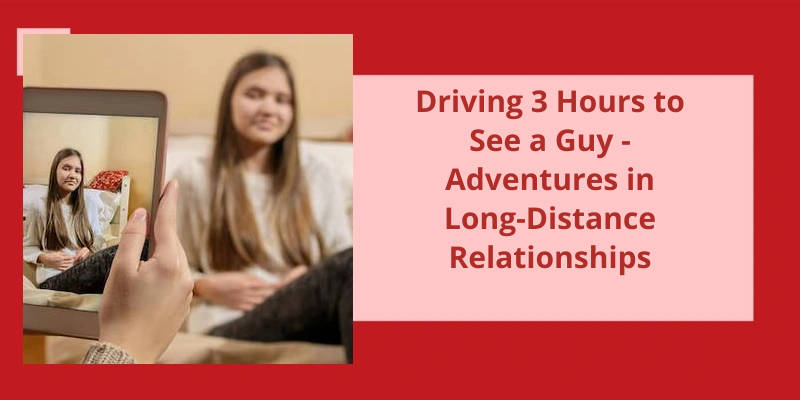What to Do if a Girl Likes You but Doesn T Want a Relationship?
If a girl likes you but doesn’t want a relationship, it can be a challenging situation to navigate. The first and most important step is to take a step back and stop pursuing her. Continuing to chase after her will only push her further away. Give her space and time to figure out her own feelings and what she wants.
It’s also crucial to get out of her inbox and give her some breathing room. Constantly messaging or reaching out to her will only create pressure and likely make her feel overwhelmed. Respect her decision and accept the situation as it is. It’s important to remember that ultimately, it’s her choice and you can’t force her into a relationship if she isn’t ready.
Take some time to reflect on your own desires and what you want from a relationship. It’s essential to make up your mind and figure out if you’re willing to wait for her or if you need to move on. Assess your own feelings and needs before deciding how to proceed.
Instead of pushing her or trying to persuade her, allow her to come to you if and when she’s ready. Pressuring her will only strain the connection and possibly damage any chances of a future relationship. Give her the freedom to reach out to you on her own terms.
Lastly, avoid stressing her out over labels or the idea of a relationship. Instead, focus on building a strong connection and getting to know each other on a deeper level. Allow the relationship to evolve naturally, without the added pressure of defining it. By being patient and understanding, you give her the space she needs to sort out her emotions and potentially develop a stronger bond in the future.
What Do You Say When You’re Not Ready for a Relationship?
When you find yourself not ready for a relationship, honesty is the best policy. It’s important to communicate your feelings with the other person directly and respectfully. If you’ve met someone you care for but arent ready for a commitment, it’s crucial to express this to them in a clear and open manner.
Start by acknowledging your own emotions and desires. Reflect on why you aren’t ready for a relationship and be honest with yourself. Whether it be personal insecurities, unresolved issues from past relationships, or simply needing more time for personal growth, understanding your own reasons will help you articulate them to the other person.
Once you’ve a clear understanding of your own feelings, have an open and honest conversation with the person you care for. Make sure to choose an appropriate setting where both of you can feel comfortable and safe to express yourselves. Avoid beating around the bush or being vague; instead, articulate your thoughts and feelings directly.
During the conversation, emphasize that your decision isn’t a reflection of their worth or value. Make it clear that your hesitation isn’t due to any shortcomings on their part, but rather a personal choice related to your own readiness. Reassure them that they’re important to you and that your decision doesn’t diminish the connection you share.
Listen actively to their response and respect their feelings. Understand that they may feel hurt or disappointed, and be prepared to give them space and time to process their emotions. Keep the lines of communication open and be willing to discuss any questions or concerns they may have.
While it can be difficult to have this conversation, being open and transparent will lead to a healthier outcome for both parties involved.
However, there are instances when people genuinely mean it when they say they aren’t ready for a relationship.
Do People Mean It When They Say They Re Not Ready for a Relationship?
When someone says “Im not ready for a relationship,” it can have various meanings depending on the situation and individual. In some cases, people genuinely mean it because they’ve recently come out of a breakup. They may have realized that jumping into a new relationship too quickly wouldn’t be fair to themselves or the other person involved. These individuals may need time and space to heal and process their emotions before diving into something new.
There are instances where people use this phrase as a way to protect themselves. They might have been hurt in the past, and the fear of experiencing another painful breakup holds them back from committing to a new relationship. By saying they aren’t ready, they’re essentially shielding their emotional well-being and avoiding potential heartache.
Sometimes, people may use this statement as a means of distraction. They might have other priorities in their life, such as career aspirations, personal projects, or even personal issues, which take precedence over romantic involvements. Saying they aren’t ready for a relationship becomes an excuse to prioritize these other aspects and avoid taking on further commitments.
While some genuinely need time to heal, others may use it as a defense mechanism. Ultimately, it’s up to the individual to assess their intentions and communicate openly about their feelings and readiness for a relationship.
Instead of waiting for someone who claims they’re not ready for a relationship, it’s crucial to assess the situation and understand if investing your emotions and time into this person is truly worth it. Waiting can be emotionally draining, especially when there’s uncertainty regarding the future. It’s important to carefully evaluate if there’s potential for a mutually fulfilling relationship or if you’re simply prolonging the inevitable heartbreak.
Should You Wait for Someone Who Says They Re Not Ready for a Relationship?
Should you wait for someone who says theyre not ready for a relationship? It’s a question many people find themselves facing at some point in their lives. While waiting for someone can feel like a romantic gesture, it’s important to consider the emotional toll it can take. Waiting for someone who doesn’t want a relationship at all could set you up for heartbreak in the future.
It’s easy to get caught up in the idea of someone eventually changing their mind about commitment. However, it’s important to remember that peoples feelings and desires can change over time. While it’s possible that someone may eventually be ready for a relationship, it’s also possible that they may never be. Waiting for someone who may never want what you want could lead to frustration, resentment, and disappointment.
When youre feeling stuck in the middle, it’s important to take time to consider whether this person is actually worth waiting for —or if youre just standing by to see the outcome. Evaluate the reasons behind their reluctance to commit. Are they dealing with personal issues or trauma that they need to work through? Or do they simply not see a future with you?
Waiting for someone who’s actively working on themselves and has a clear plan for when they’ll be ready for a relationship might be a different case. In this scenario, it’s important to have open and honest communication about what you both want and need. However, if someone is consistently telling you that theyre not ready for a relationship and they don’t have a plan for when they’ll be, it may be time to reassess the situation.
It’s important to listen to your own needs and desires, and to prioritize your own emotional well-being. Waiting can be emotionally draining, and it’s important to consider whether the potential outcome is worth the toll it may take on your mental health.
Conclusion
In conclusion, expressing one's readiness or lack thereof for a relationship is a vulnerable and personal decision. "I Told Her I'm Not Ready for a Relationship | Exploring My Reasons" delves into the introspective journey of someone grappling with their emotions and the intricacies of romantic involvement. By exploring their reasons and sharing their story, this article offers insight into the complexities of personal growth, self-awareness, and the importance of open communication in relationships. It reminds us that acknowledging our own limitations and being honest with ourselves and others is crucial for an authentic and fulfilling connection. Ultimately, this article encourages readers to reflect on their own emotional readiness and empowers them to make choices that align with their own individual journeys.






